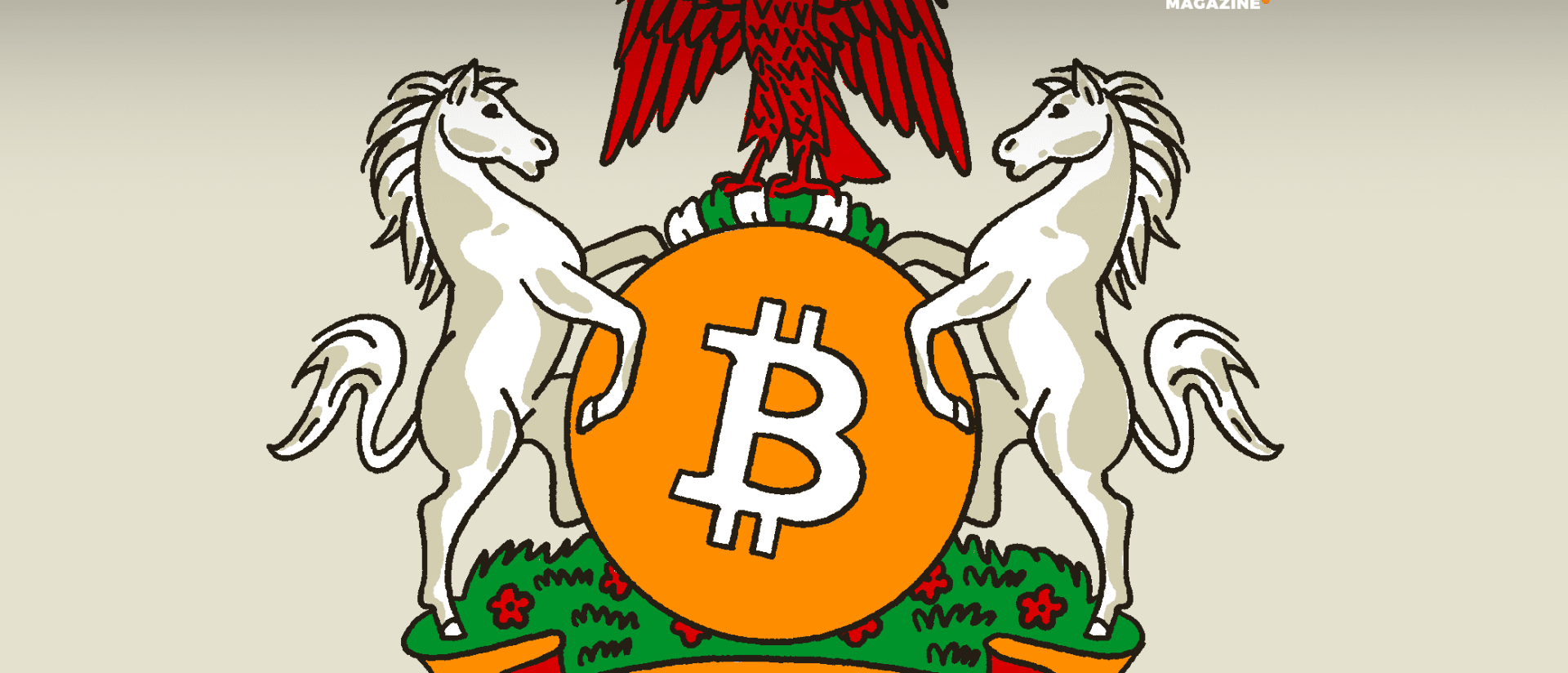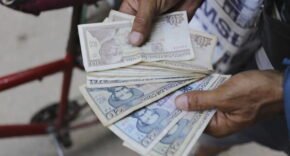
Imagine standing in endless lines, fighting to get ahold of your own money. Read that again and try to make sense of it. This is life for millions of Nigerians right now, who face a redesign of their banknotes, the naira, which means old naira bank notes will be useless after February 10. This is a problem because while Nigeria hopes to move closer to a digital-cash economy, the country is still heavily cash dependent. The policy is causing a flood of people at bank offices and ATMs, desperate to swap their old bank notes for the new redesign.
Adding fuel to the fire, the Central Bank of Nigeria (CBN) has imposed a weekly cash withdrawal limit which, as of January 9, was 500,000 naira for individuals (around $1,087) and 5,000,000 naira (around $10,087) for organizations. While these weekly limits already seem insane, the actual amount Nigerians can pull out depends on what’s available at each location.
WHAT’S UNFOLDING ON THE GROUND IN NIGERIA
My team in Nigeria is witnessing all-day queues — with many people walking away empty handed. Some bank offices and ATMs do not even have cash to dispense. Nigerians are bringing mattresses to ATMs and others are arriving at ATMs at 4:00 a.m. to be 115th in line for when they open at 8:00 a.m. Scarcity is an even bigger issue in some rural areas and individuals have not been able to access any new notes. I’m hearing that, after returning the old notes to the banks through their kids or agents because most are unbanked, they are unable to get new notes. This puts a halt to their day-to-day transactions and livelihoods. And for the individuals who are able to get naira, point-of-sale (PoS) transaction charges skyrocketed by 400% in most cities across the country. This is causing a lot of fear as inflation is already over 20% and Nigerians are struggling to keep up with the cost of living.
This is all coming to a head during a massively-important general election on February 25. The monetary and political collision is causing its own chaos — as political parties in Nigeria are threatening an election boycott if the February 10 deadline is pushed back again. They believe that less cash in circulation will cut down on election fraud and vote buying. Beyond the election, advocates for the redesign also believe that Nigerians are cash hoarding — and by getting a better sense for the money circulating in the economy, they can better tame inflation.
BITCOIN CAN SOLVE THIS
Nigeria has shown the world that Bitcoin can be the solution. Mass adoption will not happen overnight, but it will put an end to these terrible bottlenecks. Money is a human right and people should not be waiting in day long queues for their own money. The beauty of Bitcoin is that while it is not tied to a central authority, it can strengthen a national economy. Bitcoin has proven to do this by lowering inflation, giving more people access to the economy, increasing transparency and acting as a universal translator of money. Through the Lightning Network, Bitcoin can also bring in international wealth and employment — by plugging into global value chains, Nigerians are able to receive payments for their services virtually instantaneously and for free.








